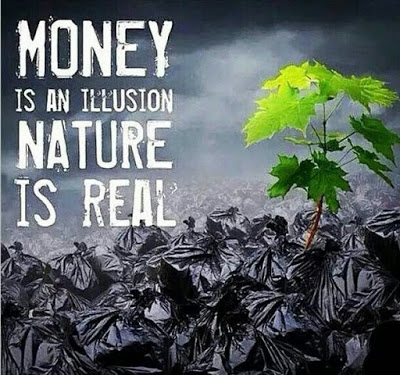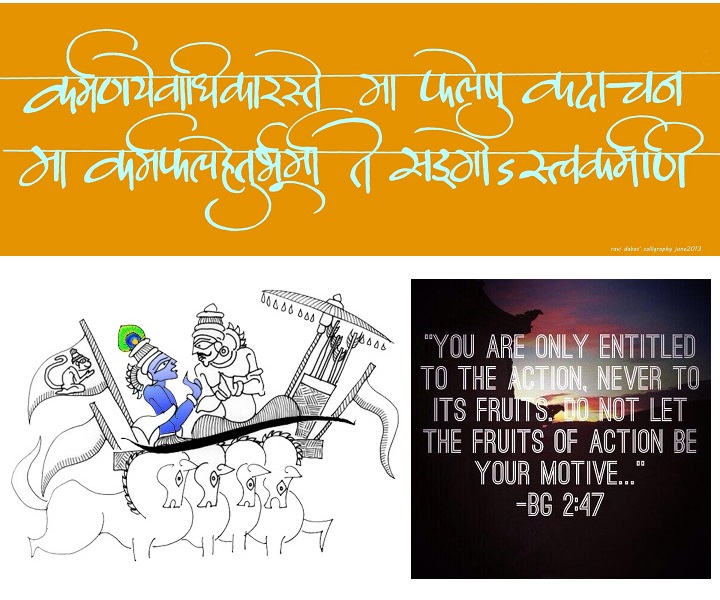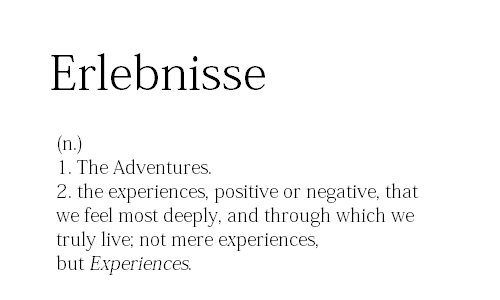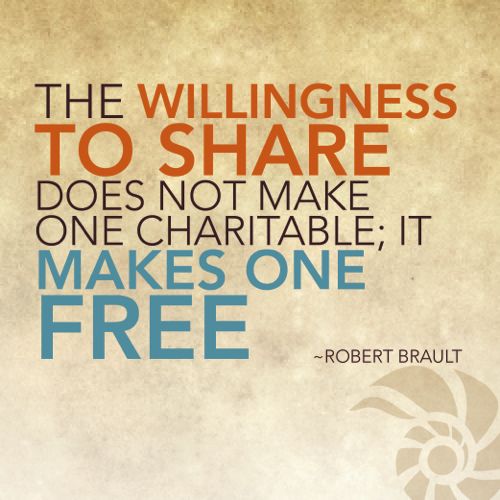This image is doing the rounds on WhatsApp.

And like usual, some discussions on the unfairness of the corporate world (You are needed only as long as your work is needed by the company. Once the need is over, no matter how good or bad you are, you will be hear a goodbye, oh-this-world-is-a-mess, this-rat-race-is-so-frustrating), and such discussions have opened up on a few of my WhatsApp groups.
And as usual, I find this extremely interesting food for thought.
So… here is a blog post for it! 🙂
So first thoughts come from Ayn Rand. In Francisco d’Anconia’s speech from Atlas Shrugged you have this:
“So you think that money is the root of all evil? Have you ever asked what is the root of money? Money is a tool of exchange, which can’t exist unless there are goods produced and men able to produce them. Money is the material shape of the principle that men who wish to deal with one another must deal by trade and give value for value. Money is not the tool of the moochers, who claim your product by tears, or of the looters, who take it from you by force. Money is made possible only by the men who produce. Is this what you consider evil?”
I will leave the rest of speech and it’s compelling viewpoints to the eager reader. May you follow the above link and read Atlas Shrugged some time.Here I’m extending the view on this topic to another direction.
Money is a tool of exchange. There’s no doubt about this.
Now, is it an illusion? No. It is a creation of the human mind. Money is an abstraction created by the human mind. An abstraction is not an illusion. See this article for more.
An abstraction is an expression of a concept or an idea. An illusion is a false belief in an idea or its effectiveness.
In money, mankind has created and evolved a tool to “measure” effort or creativity and tried to give “value” to these uniquely human attributes.
A Sachin Tendulkar or a Roger Federer or a Tom Cruise or a Christopher Nolan gives consistent value and commands huge amounts of money for it. An Albert Einstein gives value in that the whole of humanity benefits from a new viewpoint, and he earns the respect of generations of thinkers and scientists. An engineer commands value by giving tools that solve some problem for his customer. Same is the case for any professional. Competency, consistency, trust in giving value brings in more value and thus more money, and other tangible and intangible benefits.
And success is always only about this: how can you give value to others?
If you can imagine it, articulate it, do it, and repeat it for someone, you can create value for someone.
It is as simple and as difficult as that.
Okay. So now that being established, what is the human mind that envisioned a concept of exchange of value? The human brain certainly is a product of nature. About the mind, there are good videos by people like Sadhguru Jaggi Vasudev and other thinkers and explorers who will take us on an interesting, worthy, and life-long journey of exploring the depths of the human mind. They will stress on the fact that the brain is not the mind. But I digress. The human mind is certainly “natural” so far as this blog post is concerned.
So, the mind that created money is certainly natural. So, the ‘creator’ of money is natural. The source that thought up this concept that exchange should be fair, is natural.
Now, let us look at how nature herself deals with exchange.
Let’s take the example of a bird. A bird would eat a fruit of a tree, and maybe spread the seeds of the tree “in return”. So there is some mutual benefit, although it isn’t intended. Well, you could argue that it is by design… Sure, but I don’t want to debate that. The point is that this exchange is certainly not 1:1. If a bird eats a fruit from a tree, it doesn’t always give back to that tree by spreading its seeds, or by becoming fertilizer for that specific tree after the bird dies – most likely other tree(s) would benefit from our bird. Other trees would benefit from other birds. Similarly, a tiger doesn’t give back or compensate something of value to a deer or rabbit, in return for its life. Insects that take nectar do pollinate the flowers but not always of the same type of plant. Nature has a complex food chain, which is basically a mechanism of exchange of energy. Nature does have its cycle, but it is not a 1:1 exchange.
As another proverb goes…

However, the exchange was not between the same entities! The fish that got ate did not later eat the ants.
Here is the crucial difference, and hence the seeming unnaturalness of money! Money is almost always exchange of value between the same and exact giver and taker. The entities could be people, organisations, whatever. But the one who gets, gives to the giver. Nature does not exchange between the same entities. There is a cycle, but the taker is not a giver right away. A taker takes from one, but gives to another. The giver gets from a third…
Speaking of unnaturalness, humans take great efforts to do things unnaturally. It is natural to shit in your pants. It is natural to not brush your teeth. It is natural to not grow your food and cook it before eating.
Humanity’s greatest ability is to go for the unnatural.
So, to bring the original topic into perspective, how could we have a lesser stressful exchange medium. How could my friends who seem insecure about money be reassured?
Money seems to pinch us in many uncomfortable ways. Those of us who “get” things, and read “Rich Dad, Poor Dad” often say that the perspective about money needs to be changed. So, what would be an alternate and more ‘holistic’ medium of creating and exchanging value?
So, bringing back Nature into the picture, how would a more “natural” transaction between humans look like?
Think, I say to myself… Think. Main idea as we saw above is that such a transaction cannot be 1:1.
Which means… a person gives to someone, but does not expect anything back from the same guy. If he gets something from that guy, great! If not, yeah, well, there will be someone else who’ll give.
Oh my Krishna! Sounds familiar?

Yo, my dear people who read this blog! It has been staring at us right in the face all this time!
So, the vision for exchange of value will evolve. “Money” will evolve.
We will work out a better way for this. We will have a better means of exchange… at least at how we look at exchange. The Hawala transaction of value is actually close to how Nature exchanges energy. But will it eventually be formalized into the mainstream economy? Time will tell. It is certainly closer to how Nature works. You will get your due, just the time and manner is not fixed. Oh wait! Now does this sound familiar? Yes! The spiritual principle of Karma – where intent and actions of an individual (cause) influence the future of that individual (effect). You will get your dues.
When you think of exchange, of giving in return for getting… and not balance it all the time, nature will kick in. It has to! It is natural law.
There’s no doubt that the concept of exchange is fully Natural. There cannot be only taking. There cannot be only giving.
© Kalpak Nikumbh








